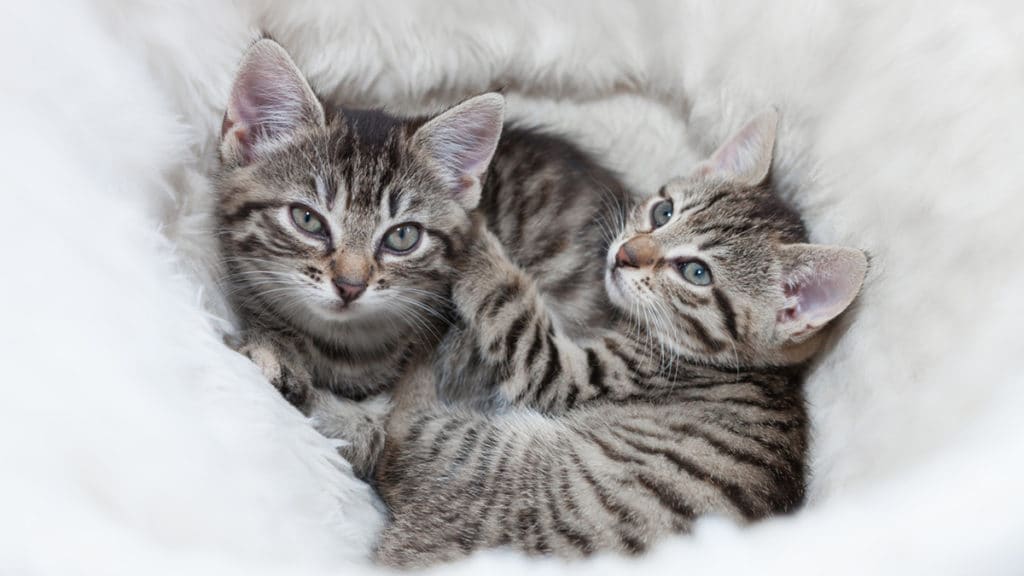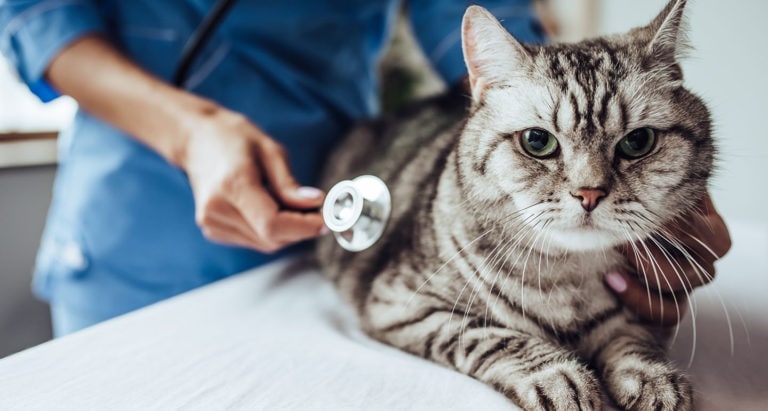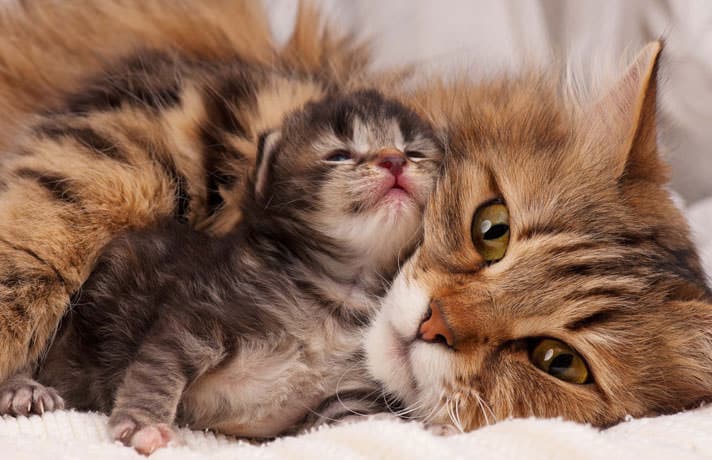Q:
I have four indoor cats (ages from 2-12 yrs) who I have always taken to the vets for their yearly vaccinations, but with this economy being what it is I really can’t afford to bring them all in. My question is: do indoor cats really need all those vaccinations?
A:
Cat vaccines have been an integral part of preventive health care programs for several decades. No other medical development has been as successful as vaccination in controlling deadly diseases in cats.
Cat vaccinations can be divided into two broad categories: core vaccines, those recommended for all cats; and non-core vaccines, those that may or may not be necessary, depending on the cat’s lifestyle and circumstances. Currently, vaccines against cat panleukopenia, cat herpesvirus, cat calicivirus and cat rabies fall into the core vaccine category. The most commonly used vaccine against panleukopenia, herpesvirus and calicivirus is a multivalent vaccine: it contains viral antigens for several diseases together in the same dose, and is commonly abbreviated as the “FVRCP” vaccine. The rabies vaccine is usually a monovalent vaccine. It contains viral antigens for one virus: the rabies virus.
Vaccines against feline leukemia virus (FeLV), feline immunodeficiency virus (FIV), feline infectious peritonitis (FIP), ringworm (a skin fungus), Chlamydophila (a respiratory pathogen, formerly called Chlamydia) and Bordetella (another respiratory pathogen) are considered to be non-core. Some of the non-core vaccines have questionable efficacy for your cat’s health and are not generally recommended.
For your totally indoor cats, I recommend the FVRCP and the rabies vaccine. Although you referred to these vaccines as yearly, some of these vaccines are not necessarily required annually. The FVRCP vaccine has been shown to confer immunity for at least three years, so vaccinating your cats with this vaccine any more frequently is probably unnecessary. Cat rabies vaccines are available as 1-year vaccines and 3-year vaccines.
Check with your cat’s veterinary office to see exactly which of your cats are due for vaccinations, and see if you need vaccines for indoor cats. Only a few of them might be due for vaccinations. Keep in mind that during the vaccination visit, your cat is also receiving a good physical examination, and this is necessary to keep cats healthy. Regular veterinary examinations allow illnesses to be detected early, when treatment is likely to be less expensive and more effective, so consider packing your cat in a cat carrier and visiting the vet.
By: Arnold Plotnick, DVM
Featured Image: Via iStock.com/w-ings
Share:









